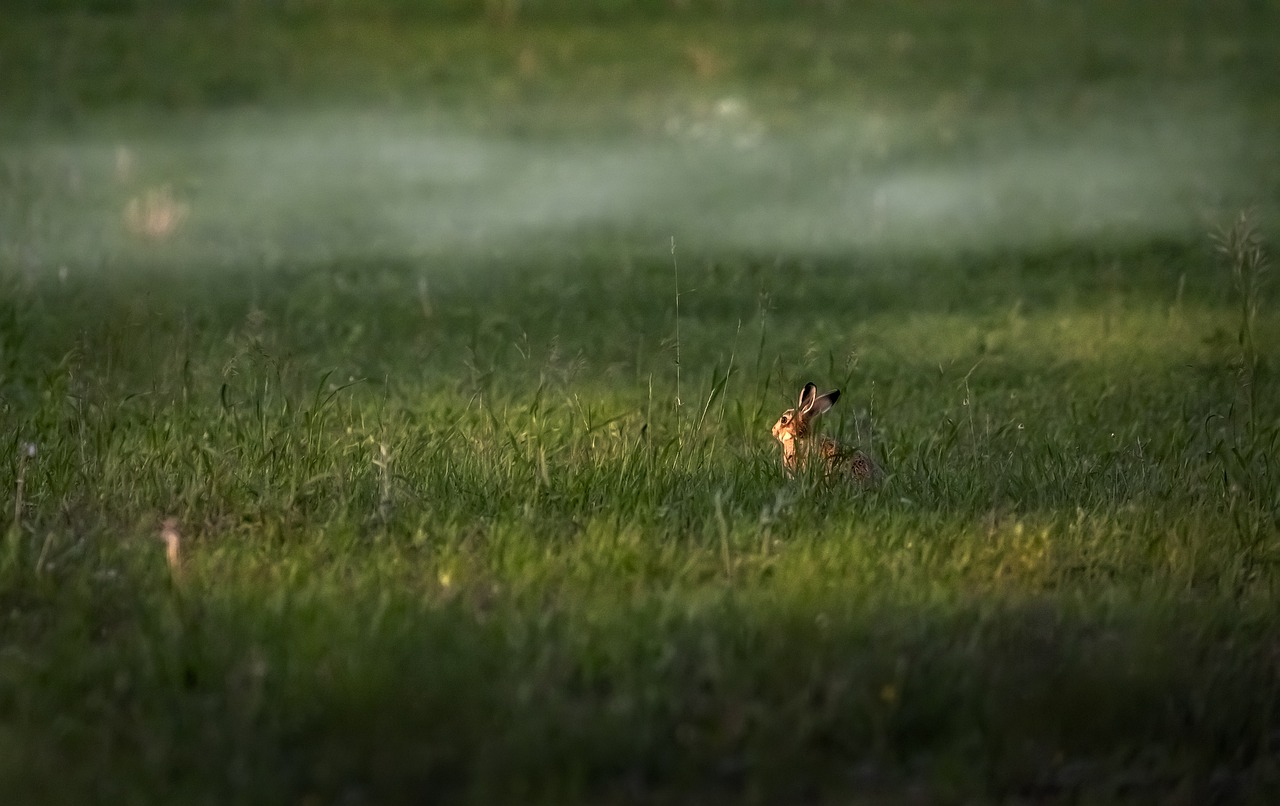
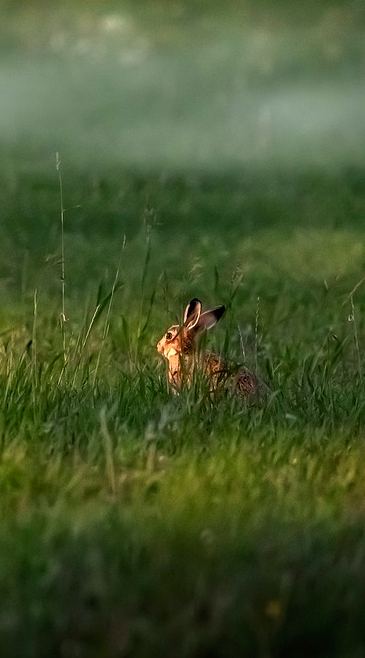
Photo by Erik Karits, pixabay.com
Rewilding the Self
By Gayil Nalls
Sign up for our monthly newsletter!
W e are rapidly losing the natural world—the very foundation of our existence—and many of us fail to notice. The intricate connections between humanity and the wild are fading from our awareness. We no longer see, hear, touch, or smell the vibrant ecosystems that once surrounded us; we have forgotten their importance in this disconnection.
It is as though the natural world has become invisible as if it no longer matters, and many of us even act as if we no longer need it. But the truth is, we do—desperately. Our survival depends on the intricate web of life that the natural world provides: the air we breathe, the water we drink, the food we eat, and the stability of the climate that supports us.
In conservation terms, rewilding refers to restoring ecosystems to their natural, self-sustaining states by reintroducing native species, rebuilding habitats, and allowing natural processes to function with minimal human intervention. The goal of rewilding is to enhance biodiversity, reestablish ecological balance, and promote resilience to environmental changes, such as climate change.
But how, then, do we begin to rewild ourselves? How do we rekindle our relationship with nature? Rewilding ourselves starts with acknowledging the loss and its profound impact on our physical, mental, and spiritual well-being. It involves a conscious effort to reintroduce ourselves to the natural rhythms and processes of the Earth.
We can rewild by immersing ourselves in the wilderness, even in small ways—walking barefoot on the grass, planting native species in our backyards, or simply pausing to observe the life teeming around us. It means learning to see the world with fresh eyes, listening to the wind in the trees, touching the bark of ancient woods, and inhaling the aroma of the earth after rain.
For decades, I have conceptualized my work with cultural heritage aromatic plants and the shared experience of a planetary scent as a form of rewilding the mind. By engaging with the deep ecological and cultural narratives embedded in these plants, I reconnected individuals with their sensory heritage and the natural world. This process has not only renewed appreciation for biodiversity but also provided a profound sense of interconnectedness, encouraging us to think beyond the constraints of modernity and rediscover more primal and imperative aspects of our collective human experience.
In doing this, I have found that a growing number of individuals, mostly under the age of 30, are unable to recognize the natural scents of plants, instead associating them with synthetic versions found in commercial products. This disconnection from the natural world highlights the increasing influence of urbanization, digital lifestyles, and a reliance on mass-produced goods. As traditional ecological knowledge fades, there is a pressing need to reintroduce younger generations to the authentic sensory experiences of nature, fostering and rewilding a deeper understanding of biodiversity and environmental stewardship.
Rewilding oneself can take many forms, fostering a deeper connection with nature, enhancing ecological awareness, and cultivating a sense of belonging to the natural world. Rewilding is not just about reconnecting with the wild outdoors but also about reviving our innate relationship with the ecosystems that sustain us.
In urban environments like New York City, a growing number of individuals are embracing rewilding by becoming beekeepers, birders, and urban gardeners. These activities allow them to engage directly with local biodiversity, whether by cultivating pollinator-friendly plants on rooftops or balconies, creating sanctuaries for native bird species, or tending to community gardens that restore green spaces.
Rewilding can also take a more creative or personal form, such as expressing a profound appreciation for the local ecosystem through art, writing, or storytelling. These expressions not only honor the interconnectedness of nature but also inspire others to recognize its beauty and fragility.
Even small actions, like observing and creating safe passages for wildlife—such as ensuring wild creatures can cross your yard without harm from your pet—or advocating for the establishment of green corridors between neighborhoods, can significantly contribute to the conservation of local wildlife by supporting their movement, habitat connectivity, and survival.
Ultimately, rewilding is about rekindling our sense of wonder and responsibility toward the natural world. It invites us to reimagine our role as stewards of the earth, no matter where we live. Whether through hands-on activities, creative expression, or quiet observation, rewilding offers a pathway to a more harmonious relationship with the environment.
Rewilding ourselves also calls for action. It asks us to protect and restore wild spaces, advocate for sustainable practices, and support policies that preserve biodiversity. It challenges us to reimagine our cities and lifestyles in harmony with nature, integrating green spaces and fostering coexistence with the wild. This helps incorporate individuals into the larger ecological and social fabric, reinforcing a rewilded sense of belonging.
Rewilding ourselves is not just an individual journey but a collective imperative. Together, we can rebuild our bond with the natural world and ensure its survival—and ours. The question is not if we should rewild but how we can begin today.
Gayil Nalls, PhD is an interdisciplinary artist and theorist. She is the founder of the World Sensorium Conservancy and the editor of its journal, Plantings.
Plantings
Issue 43 – January 2025
Also in this issue:
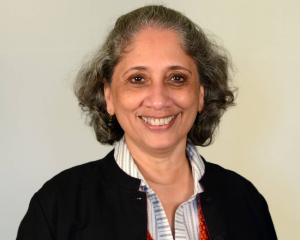
Interview with Ligia Noronha, Assistant Secretary-General and Head of the United Nations Environment Programme (UNEP)
By Gayil Nalls
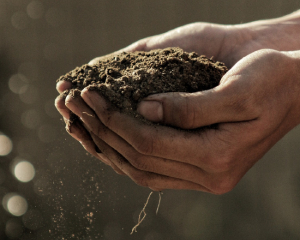
Talk Dirty to Me
By Lewis Ziska
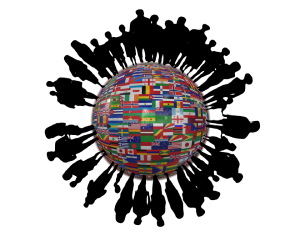
World Sensorium 2025: A Formulaic Portrayal of Changing Populations and Conservation
By Gayil Nalls
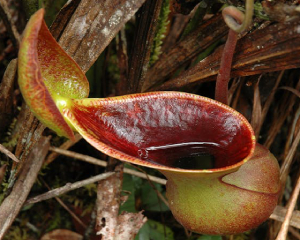
7 of the World’s Strangest Plants
By Mikail Angelo Francisco
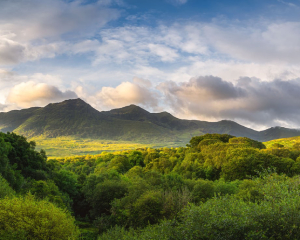
Ireland has lost almost all of its native forests – here’s how to bring them back
By Martha O’Hagan Luff
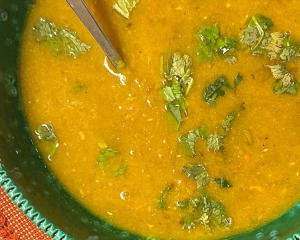
Eat More Plants Recipes:
Springs Fireplace Mulligatawny Soup
By Lauren Jarvis
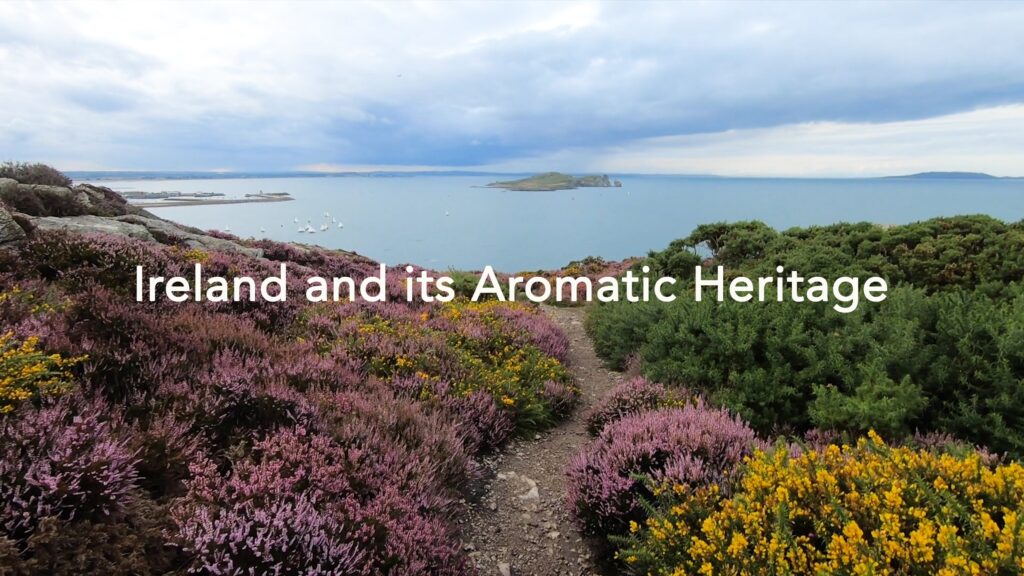
As Ireland transitions from the rich, smoky scent of peat-burning to a more sustainable future, its olfactory heritage is evolving. What will become the next iconic aromatic symbol of Ireland?
Click to watch the documentary trailer.

